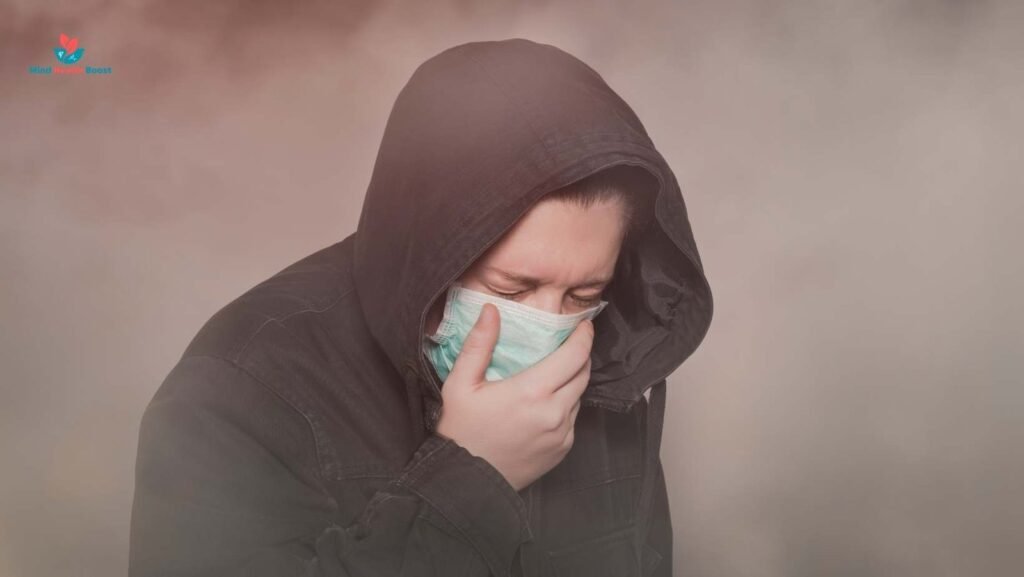Overview of Pollution’s Impact on Human Health
Understanding how pollution impacts human health is crucial for our overall well-being. Pollution, stemming from various sources, can have serious consequences on our health and the environment. By examining the effects of pollution, we can take significant steps towards creating a cleaner and healthier world for ourselves and future generations.
Sources of Pollution
Pollution comes from diverse and numerous sources, all significantly affecting human health. Understanding these sources is crucial in order to mitigate their impact.
Air Pollution
Air pollution is one of the most pervasive forms of pollution. Emissions from vehicles, factories, and power plants release harmful substances into the atmosphere. These pollutants include particulate matter, nitrogen oxides, and sulfur dioxide. Consequently, they contribute heavily to smog and acid rain, posing severe health risks.
Water Contamination
Water pollution arises mainly from industrial waste and agricultural runoff. Factories often discharge toxic chemicals and heavy metals into water bodies, leading to contamination. Moreover, agricultural practices contribute to this issue through the use of fertilizers and pesticides, which wash into rivers and lakes.
Soil Pollution
Soil pollution predominantly stems from the use of pesticides and industrial chemicals. Over time, these hazardous substances accumulate in the soil, adversely affecting not only the environment but also human health. For example, prolonged exposure to contaminated soil can cause various health conditions, including skin irritations and more severe ailments.
Health Effects of Pollution
How pollution impacts human health varies greatly depending on the type of pollution. Nonetheless, the consequences are often severe and far-reaching, touching multiple aspects of human physiology.
Respiratory Issues
Air pollution contributes significantly to respiratory problems. Exposure to polluted air can trigger asthma attacks, worsen chronic obstructive pulmonary disease (COPD), and increase the risk of lung cancer. Fine particulate matter, which penetrates deep into the lungs, is particularly harmful.
Cardiovascular Diseases
There is strong evidence linking air pollution to cardiovascular diseases. Pollutants like particulate matter and ozone can lead to heart attacks, arrhythmias, and strokes. These substances can exacerbate existing heart conditions by causing inflammation and oxidative stress in the cardiovascular system.
Neurological and Developmental Disorders
Pollution’s impact extends to neurological health as well. For example, exposure to heavy metals like lead and mercury can impair cognitive functions. Additionally, children and developing fetuses are particularly vulnerable, with exposure linked to developmental disorders and reduced IQ levels.
Preventative Measures
Reducing the harmful effects of pollution requires collective effort and individual action. Implementing both regulatory and personal measures can significantly lessen the impact of pollution on health.
Advocacy for Clean Air Regulations
Advocating for stringent clean air regulations and emissions controls is imperative. Policies aimed at reducing vehicle emissions and industrial discharges can help mitigate how pollution impacts human health. Moreover, supporting renewable energy sources over fossil fuels can lead to long-term benefits.
Sustainable Waste Management
Adopting sustainable waste management practices is essential for reducing pollution. Proper disposal of industrial waste, recycling, and minimizing the use of harmful chemicals can protect water and soil quality.
- Implementing recycling programs
- Reducing plastic usage
- Proper disposal of hazardous waste
Personal Actions to Reduce Exposure
Individual actions also play a crucial role. Simple steps like using eco-friendly products and reducing reliance on motor vehicles can make a difference. Additionally, supporting and participating in local clean-up efforts can contribute significantly.
- Using public transportation or biking
- Choosing environmentally friendly household products
- Participating in community clean-up initiatives
Protecting Yourself from the Health Effects of Pollution
After understanding how pollution impacts human health, it’s crucial to take proactive steps to safeguard your well-being. You can start by monitoring air quality in your area and avoiding outdoor activities during peak pollution times. Investing in an air purifier for your home can also help reduce indoor air pollution levels, especially if you live in urban areas with high traffic.
Supporting Environmental Initiatives and Regulations
Advocacy plays a key role in addressing pollution at a larger scale. By supporting environmental regulations that aim to reduce emissions from industries and promote cleaner energy sources, you can contribute to creating a healthier environment for everyone. Participating in local clean-up efforts and supporting organizations dedicated to environmental conservation are also impactful ways to make a difference.
Empowering Personal Choices for a Healthier Future
Individual actions matter when it comes to mitigating the effects of pollution on human health. Choosing eco-friendly products, reducing single-use plastics, and adopting sustainable transportation options can all help minimize your environmental footprint. By making conscious decisions in your daily life, you not only protect your health but also contribute to the overall well-being of the planet.
Understanding how microorganisms impact digestion is another essential aspect of maintaining overall health and well-being. Keeping your gut microbiome balanced is crucial for immune function, mood regulation, and nutrient absorption. By focusing on both external factors like pollution and internal factors like gut health, you can take proactive steps towards a healthier and more sustainable lifestyle.
Take charge of your health by staying informed about environmental issues, supporting initiatives that promote clean air and water, and making eco-conscious choices in your daily life. By working together to combat pollution, we can create a healthier future for generations to come.






















